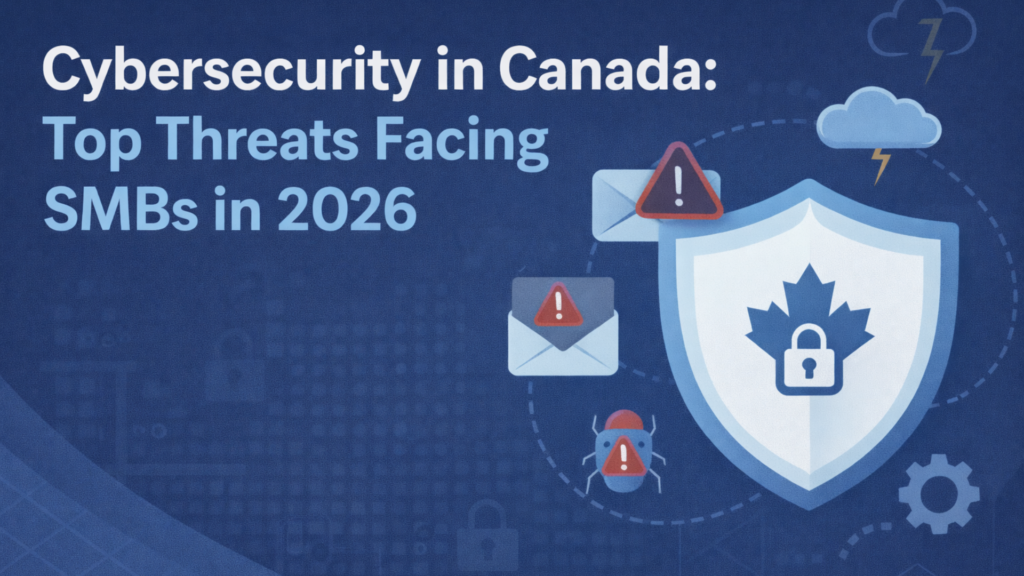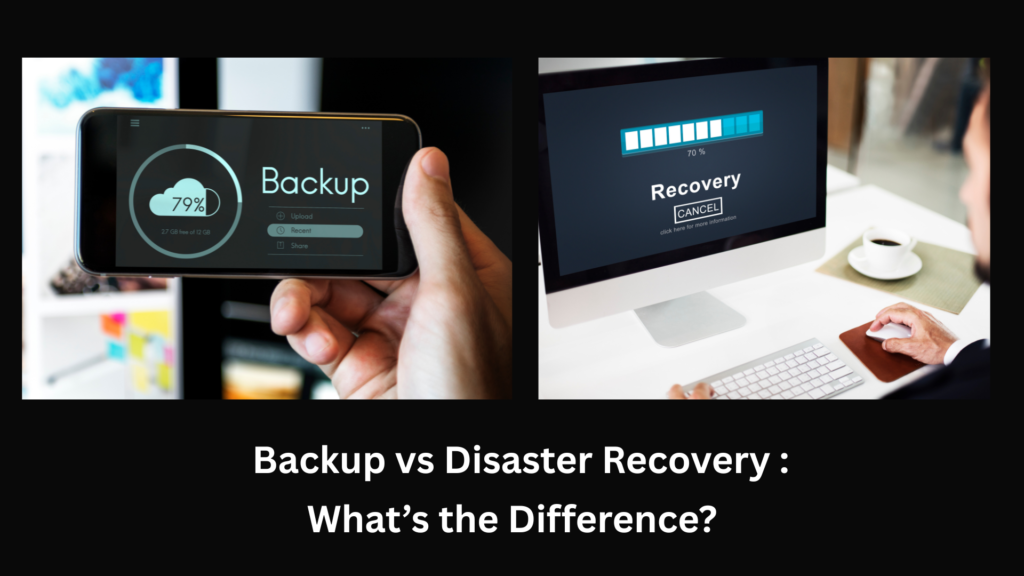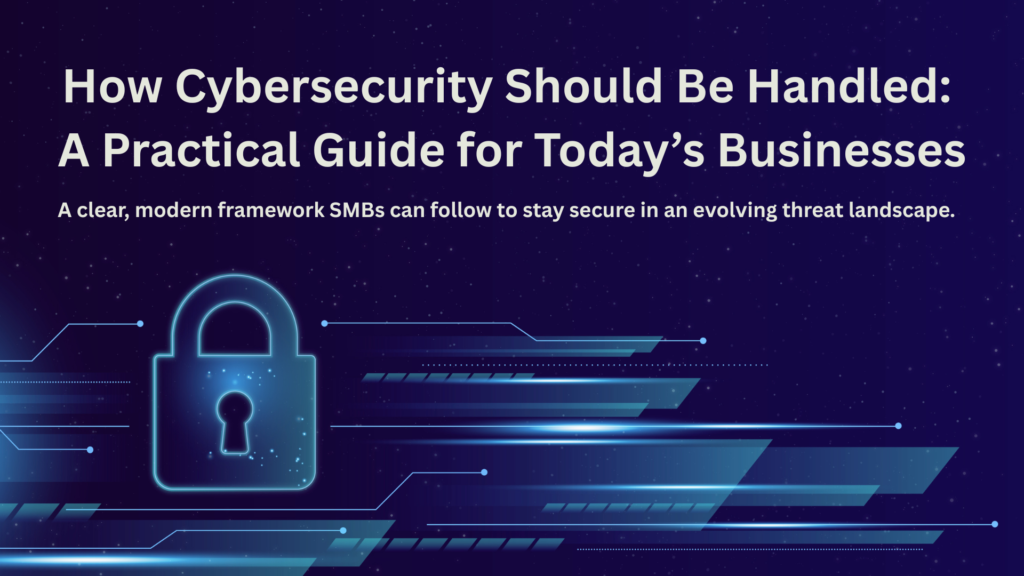Decentralized Security: The Future of Data Protection in a Blockchain World
Poindexters Lab
August 28, 2024

In recent years, the rise of blockchain technology has sparked a significant shift in how data is secured. Traditional centralized security models, where data is stored and managed by a single entity, are increasingly vulnerable to cyberattacks. Decentralized security, enabled by blockchain, offers a promising alternative that enhances data protection by distributing data across a network of nodes. This blog explores the potential of decentralized security in safeguarding sensitive information and the future of data protection in a blockchain-driven world.
Understanding Decentralized Security and Blockchain Technology
Decentralized security is based on the principle of distributing data across a network rather than relying on a single point of control. Blockchain, a type of distributed ledger technology (DLT), is at the core of this concept. In a blockchain, data is stored in blocks that are linked together in a chain, making it nearly impossible for hackers to alter information without being detected. This section will delve into the technical aspects of blockchain, explaining how its decentralized nature ensures enhanced security and transparency.
Advantages of Decentralized Security Over Centralized Models
Centralized security models have long been the standard for data protection, but they come with inherent risks. A single point of failure in a centralized system can lead to catastrophic breaches, as seen in numerous high-profile cyberattacks. Decentralized security, on the other hand, offers several key advantages:
- Enhanced Security: With data distributed across multiple nodes, there is no single point of failure, making it significantly harder for attackers to compromise the system.
- Transparency and Trust: Blockchain’s immutable ledger ensures that all transactions are recorded transparently, building trust among users.
- Resilience: Decentralized systems are more resilient to attacks and failures, as the network can continue to function even if some nodes are compromised.
Real-World Applications of Decentralized Security
As the potential of decentralized security becomes clearer, various industries are beginning to adopt blockchain technology to protect sensitive data. This section will explore some real-world applications where decentralized security is making a difference:
- Financial Services: How blockchain is being used to secure transactions, prevent fraud, and enhance privacy in the financial sector.
- Healthcare: The role of decentralized security in protecting patient data, ensuring compliance with regulations, and enabling secure data sharing.
- Supply Chain Management: How blockchain is used to track and secure the flow of goods and information, preventing tampering and ensuring transparency.
Conclusion: The Future of Data Protection in a Decentralized World
As the digital landscape continues to evolve, decentralized security is poised to play a pivotal role in the future of data protection. Blockchain technology, with its ability to distribute data and eliminate single points of failure, offers a robust solution to the growing threats in cybersecurity. However, organizations must carefully consider the challenges and implications of implementing decentralized systems. As adoption increases, decentralized security has the potential to become the standard for safeguarding sensitive information, ensuring a more secure and resilient digital world.
Recent Posts
Have Any Question?
Ready to Elevate your Business Technology? Connect with Us Today!
- (647) 800 4399
- [email protected]





